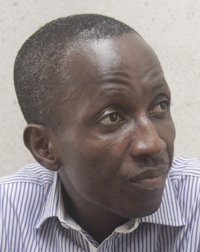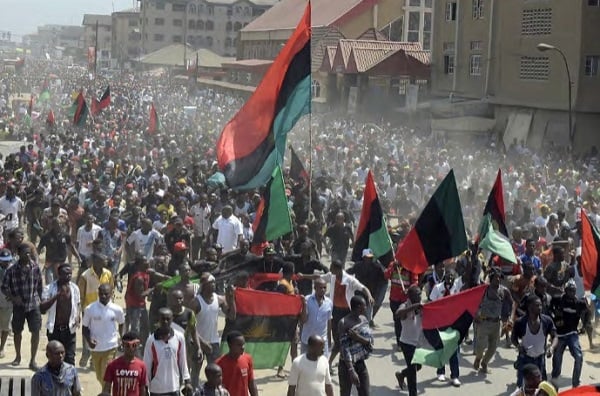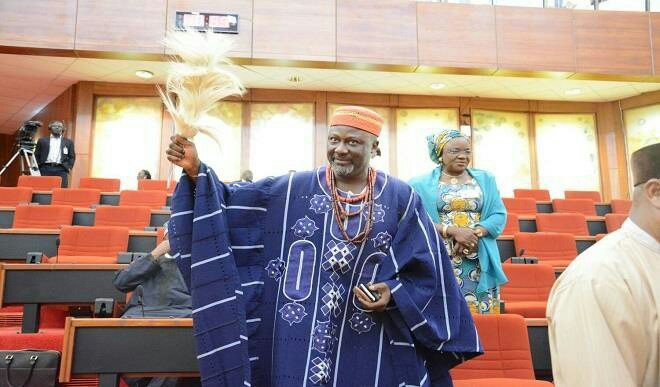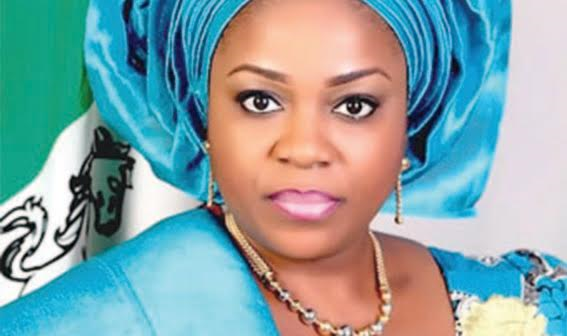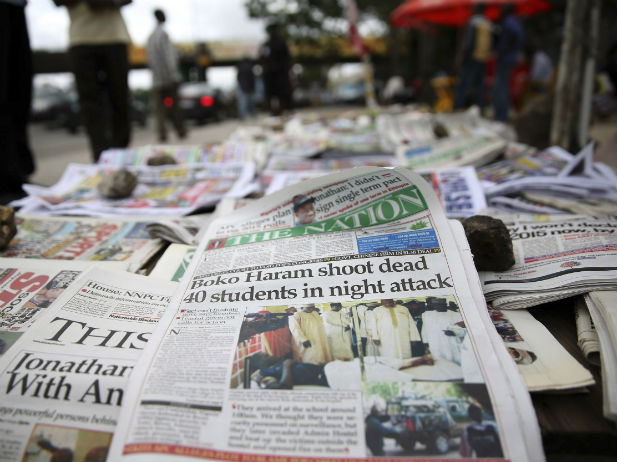A friend recently accused me and other Nigerian journalists of not doing enough to stem the tide of accusations and counter-accusations over marginalization exacerbated especially by statements and speeches from different nationalities in the past few weeks.
Granted that journalists are responsible for some problems in our country as this column said last week https://www.thecable.ng/tvcrc-102-5-fm-the-day-after. I think, however, that nearly all Nigerians should take the rap for the dialogue de sourds we are witnessing. From threats to support of threats asking a group of people to leave a particular area to trenchant criticisms of such, and people in government particularly at the federal level, pretending that all is well, it seems as if we are only postponing the doomsday regarding our existence as a united country. I use ‘united’ carefully as it regards the fact that we are one country now, not necessarily that we share mutual aspirations and concerns.
It is also instructive that the nation’s chief law officer could pronounce magisterially that Nigeria will not be restructured under this current regime. If the attorney general was speaking the mind of the people in government when he said that, we need to just remind him that you cannot force a group of peoples to stay together forever against their wish. Equally worth restating is the fact that this column has always supported a united Nigeria albeit structured better with mutually agreeable terms.
Another reason why we could lay the blame of the cacophony of deafening alarm bells at the doorpost of the Buhari government is the inertia or seeming inertia in arresting all who incite or fan the embers of discord using the laws we have presently in our statutes. How more ridiculous could we get that we needed a state governor to order the arrest of those making inflammatory statements? Do we need anyone to tell us that those who accuse the government and its organs of indifference to their plight appear justified when those who asked a group of people to leave a particular area are still walking free even after such ‘order’ to arrest them? And if they were still making appearances on television, how would their supporters be cautioned?
Advertisement
Let’s now talk about the specifics of issues bothering the hate campaigners who spew forth such bile that could even make Hitler to turn in his grave. While it would be deceitful to deny that we have problems with our existence as a country, we must recognize also that we are less than 60 years as a country. Some of the countries we compare ourselves with are over hundred years. But we must be concerned that a larger percentage of those agitating for dividing Nigeria are young people, that is those who are below 40 years. What have we failed to show or teach them that made them lose faith in this union? To the agitators, fighting a war or living under one is different from watching it on BBC World Service or CNN, it’s easier watching Aleppo than being involved. Dividing or balkanizing – a word from the Balkan Peninsula where it was divided in the late 19th and early 20th centuries – is not usually a tea party. At least we can see how South Sudan turned out or maybe we should say is turning out, though it is not an excuse also to keep a people chained together against their wishes. Quite astonishing too that the most strident calls for Biafra are from those who live outside the shores of Nigeria, could it be a daily confrontation with what could have been after seeing most of their host countries doing better than their homeland?
As fresh reporters, we were warned not to stay long in any village if we cannot find the ubiquitous Igbo trader selling assorted items and usually rendering a variety of service from postmaster to banker and what have you. The can-do spirit of our Igbo folks has ensured they are everywhere in the country, an indication, at least, of a certain level of acceptance. Politically too, they have not been pushovers. How many of us remember that the Nigeria Peoples Party (NPP) led by Nnamidi Azikiwe aligned with the ruling National Party of Nigeria (NPN) leading to the emergence of Ume Ezeoke as the House of Representatives speaker?
Agreed that the renewed Biafra agitation is not just about political representation, but the Igbo have played leading roles politically after the civil war. It is quite unfortunate that the 2015 presidential election left us bitterly divided and the Buhari government has been unable to heal the wounds by some insensitive comments, but we must exercise caution. Politics is about persuasion making others see your own side of the issue at hand and this will not come issuing bellicose threats. Let the Biafra agitators persuade us more about their intention.
Advertisement
At this period, a convergence of 50 years after Biafra was declared culminating in a bitter civil war and 24 years after the annulled June 12, 1993, presidential elections widely accepted to be the freest in our country, we should look back critically. We have seen the worst and the best so far politically, but the best shows we can rise beyond our present challenges.
Views expressed by contributors are strictly personal and not of TheCable.
